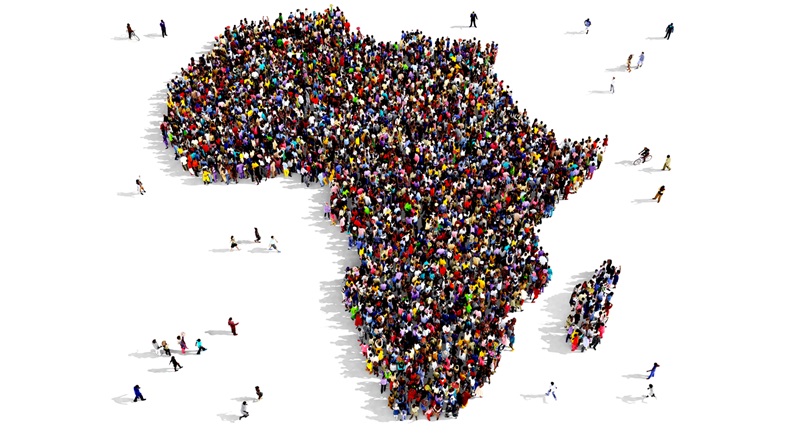Across the African continent, a powerful wave of citizen activism is rising against bad governance, stolen political mandates, and socio-economic hardships. From Kenya to Nigeria, people are increasingly vocal about their discontent, demanding transparency, accountability, and a genuine commitment to democratic values. Sierra Leone is no exception, as it finds itself amidst this broader continental struggle for a better future.
This article delves into the recent upheavals in Kenya and Nigeria, drawing parallels with Sierra Leone’s situation, and argues that African governments must heed their citizens’ demands or face a future of perpetual unrest.
In Kenya, what began as a protest against proposed tax hikes evolved into a broader campaign for accountable governance. The demonstrations, which started peacefully on 18 June, quickly escalated into a violent confrontation between protesters and police by 25 June. The Kenyan government’s response was heavy-handed, with reports of live ammunition being used against demonstrators, resulting in 39 deaths. The anger and frustration of Kenyans were palpable, as the movement highlighted the deep-seated issues of corruption, economic inequality, and political exclusion. The crisis forced President William Ruto to retract his finance bill and dissolve his cabinet, a rare instance where public pressure directly influenced government decisions.
In Nigeria, the echoes of the 2020 #EndSARS protests against police brutality still resonate. The recent cost of living crisis has rekindled the flames of discontent. On Nigeria’s Democracy Day in June, a relatively quiet protest was held, but the events in Kenya served as a catalyst for a more robust mobilization. Nigerian youth groups, inspired by the successful pushback in Kenya, announced a series of protests for August, demanding government accountability and relief from economic hardship. This movement underscores a broader continental trend: young Africans are increasingly unwilling to tolerate governments that fail to deliver on their promises and respect their rights.
Sierra Leone, like many of its African counterparts, has not been immune to these winds of change. The country’s history is marred by civil war, political instability, and economic challenges. Recent years have seen Sierra Leoneans become more vocal about issues such as corruption, poor governance, and inadequate public services. The 2018 elections, which brought President Julius Maada Bio to power, were marked by promises of a “New Direction” and a commitment to tackling corruption. However, many Sierra Leoneans feel that progress has been slow, and frustrations have begun to simmer.
The recent protests in Kenya and Nigeria should serve as a warning to Sierra Leonean authorities. The use of social media as a tool for mobilization and the increasing boldness of youth-led movements are becoming significant factors in political dynamics. Sierra Leoneans, like their Kenyan and Nigerian counterparts, are keenly aware of their constitutional rights and are ready to exercise them through the polls in demanding better governance.
The role of social media cannot be overstated in this new era of citizen activism. Platforms like Twitter, Facebook, and WhatsApp have become powerful tools for organizing protests, disseminating information, and holding leaders accountable. The real-time sharing of events allows for a level of transparency that was previously impossible, making it harder for governments to suppress dissent without facing international scrutiny.
For Sierra Leone, this means that the government must be more responsive and transparent in its dealings. The era of stolen political mandates and opaque governance is fast becoming untenable. Citizens are no longer passive recipients of government decisions; they are active participants in shaping their future. The lessons from Kenya and Nigeria are clear: governments that ignore the will of the people do so at their peril.
As citizens across Africa rise against bad governance and demand genuine democratic reforms, the message is clear: the status quo is no longer acceptable. Sierra Leone, alongside its continental peers, must embrace this call for change. The construction of robust democratic institutions, respect for human rights, and commitment to transparency and accountability are not just aspirations but necessities for a stable and prosperous future.
The people’s voices are growing louder, and their demands for justice and good governance cannot be ignored. African governments must build genuine democratic structures or face a future of perpetual unrest. The tide of civil vigilance and global citizen participation is unstoppable, and it is reshaping the political landscape across the continent. The time for meaningful change is now, and Sierra Leone, like the rest of Africa, must rise to the occasion.












Indeed, Africans are suffering with all what we have in terms of wealth.Our government must change our stories and make Africa a prosperous continent.